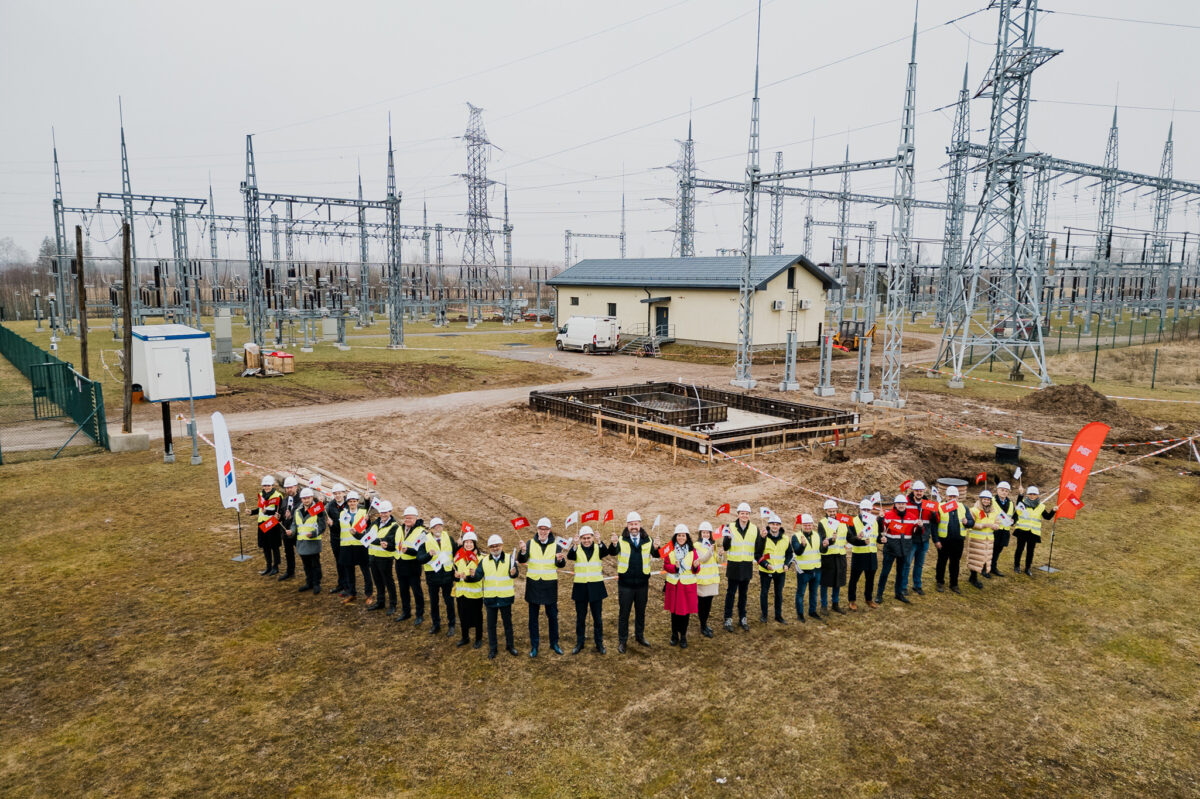Germany-based Rolls-Royce has been awarded a contract to supply two large-scale battery energy storage systems to Augstsprieguma tikls (AST), Latvia’s transmission system operator, with a cumulative output of 80 MW and a storage capacity of 160 MWh.
The company's mtu EnergyPack QG large-scale battery storage systems, which are based on the nickel-manganese-cobalt (NMC) battery chemistry, will be used at two locations from autumn 2025 onwards. A 20 MW/40 MWh system will be installed at the AST substation in Tume in west Latvia and a 60 MW/120 MWh battery storage at the AST substation in Rezekne in the east.
The facilities will provide the fast and automatically activated frequency regulation reserves needed for synchronization with the European grid.
According to Rolls-Royce, the battery system will provide power reserves at significantly lower costs than the existing conventional power plants.
“We are proud to be able to make a significant contribution to this important and safety-critical project in Latvia,” said Jörg Stratmann, CEO of Rolls-Royce Power Systems.”The facility for Latvia will be our largest battery storage system to date.”
As part of the agreement, Rolls-Royce has signed a five-year long-term service agreement for the system. The order also includes general contractor services as well as installation and commissioning.
Rolls-Royce supplied the Netherlands’ biggest battery storage system to date in November 2022.
This content is protected by copyright and may not be reused. If you want to cooperate with us and would like to reuse some of our content, please contact: editors@pv-magazine.com.




By submitting this form you agree to pv magazine using your data for the purposes of publishing your comment.
Your personal data will only be disclosed or otherwise transmitted to third parties for the purposes of spam filtering or if this is necessary for technical maintenance of the website. Any other transfer to third parties will not take place unless this is justified on the basis of applicable data protection regulations or if pv magazine is legally obliged to do so.
You may revoke this consent at any time with effect for the future, in which case your personal data will be deleted immediately. Otherwise, your data will be deleted if pv magazine has processed your request or the purpose of data storage is fulfilled.
Further information on data privacy can be found in our Data Protection Policy.